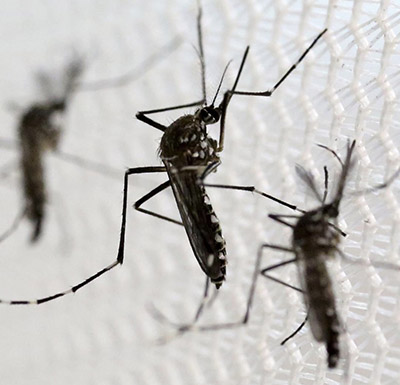Mandi: Scientists from the Indian Institute of Technology Mandi and the Institute for Stem Cell Science in Bengaluru have figured out how the eggs of Dengue-causing mosquitoes can stay alive when it's dry and then come back to life when they get wet again.
This discovery could help us control these disease-carrying mosquitoes better.
Dengue has become a major health hazards in Delhi, Dehradun and other towns and cities across India.
They studied these mosquito eggs and found that they go through some special changes when they dry up and then when they get wet, they use certain substances to survive.
Understanding how this works could lead to new ways to control mosquito populations and reduce the spread of diseases.
It might also help prevent mosquitoes from coming back after heavy rains.
This research could also be useful for dealing with insects that harm crops, which could lead to more eco-friendly ways to protect our plants.
The study was co-authored by Dr. Baskar Bakthavachalu, Assistant Professor at IIT Mandi, along with Anjana Prasad, Sreesa Sreedharan, and Dr. Sunil Laxman from the Institute for Stem Cell Science and Regenerative Medicine.










